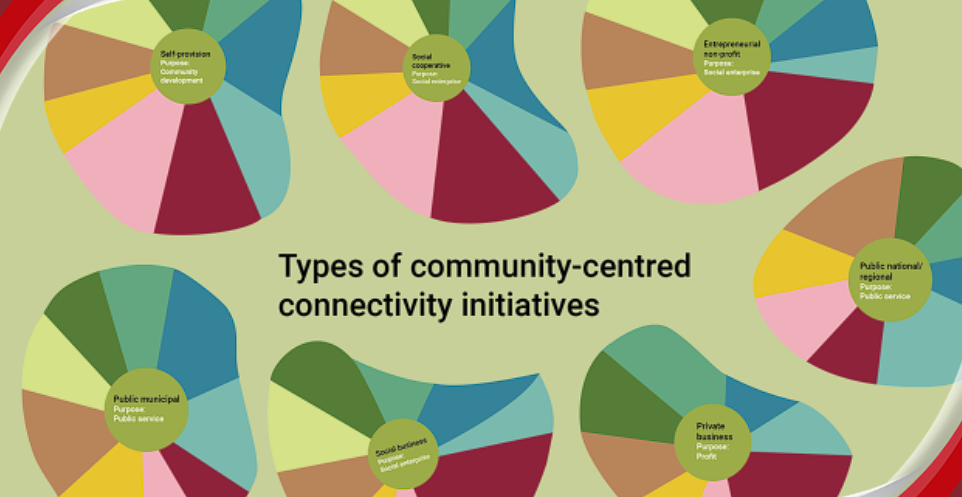Articles
How digitisation guarantees greater efficiency and boosts the bottom line
-
1 year ago
Data is the lifeblood of businesses today. But the ever-increasing quantity of information that companies must deal with poses numerous challenges. By 2025, global data creation is expected to reach more than 180 zettabytes, higher than previous forecasts due to the increase in remote working.
And while only about two percent of this data will be saved and stored, businesses face an ongoing need for increased file storage capacity.
“Smart business owners know that company growth can only happen by optimising business processes through digital transformation that redefines their data infrastructure and prepares them to compete in the digital age,” says Greg Griffith, Senior Product Manager at Kyocera Document Solutions South Africa.
“Those that remain tied to obsolete and slow processes will struggle to survive.”
Physical documents can be lost and damaged and filing and storing them is a cumbersome and costly exercise that is of little benefit. Digitisation converts paper documents into digital files, making them accessible to more people across different devices, speeding up work processes, and avoiding the time and energy wasted in searching for documents.
The biggest benefits of digital transformation
Digital transformation is forcing companies to change their business models and adapt to the new market reality. This not only applies to multinationals or large companies, Griffith says, but SMEs also stand to gain many benefits, including:1. Greater productivity
Work processes can be more fluid, guaranteeing greater efficiency. Employees feel more motivated to work when processes run smoothly; workplace satisfaction is improved and there are fewer obstacles to overcome, all of which lead to improved productivity.2. Better Resource Management
Investing in employee training, maximising resources for growth, and building a good relationship with suppliers are all things that improve operations. In the digital age, cloud computing can be used to facilitate the sharing of documents and resources, in order to make everything more easily accessible to employees.3. Digital presence
A thriving business feeds on generating engagement. Almost every company in today’s world must have a strong digital presence, given that competition is relentless. Websites must be fast, transparent, and optimised for tablets and smartphones, as well as easy to navigate. According to a Salesforce survey, 85% of consumers conduct research before they make a purchase online, and among the most used channels for research are websites (74%) and social media (38%). Consequently, businesses need to have an effective online strategy to increase brand awareness and grow.4. More engaged customers
Customers expect relevant content in relation to what they’re doing anytime, anywhere and in the format and on the device of their choosing. It’s their journey that dictates business strategy. To keep up with this new kind of “always-connected” customer, businesses must deliver an unmatched customer experience. Digital transformation makes it possible to better meet customer expectations and improve operational efficiency.5. Greater income
Investing in digitalisation incurs an initial cost, but in the long term it will result in greater revenue. In addition to reaching new potential customers, it is also possible to save money by removing obsolete work processes and freeing up employees to focus on tasks that matter.Why enterprise content management?
An ECM (Enterprise Content Management) solution gives businesses the ability to optimise the management of company documents in an optimal way. Having them all in one central location radically improves workflow and productivity, offering several significant advantages:- Minimises paper, office supplies, storage space and fees
- Securely stores, backs up and transmits content
- Ensures regulatory compliance
- Secures access via multiple devices including mobile
- Provides remote employee access
- Increases speed of access to current and correct resources
- Enables user-specific clearance preferences
- Integrates centrally stored data with other crucial systems
Related Articles Posts
Categories
Popular Post
-
 SA’s IT spend to outpace GDP growth 1 year ago
SA’s IT spend to outpace GDP growth 1 year ago -
 Vodacom, Netstar launch free in-taxi Wi-... 1 year ago
Vodacom, Netstar launch free in-taxi Wi-... 1 year ago -
 South Africa under pressure to fill cybe... 1 year ago
South Africa under pressure to fill cybe... 1 year ago -
 Organisations with a strong employee val... 1 year ago
Organisations with a strong employee val... 1 year ago -
 Joint policy-in-action event highlights... 1 year ago
Joint policy-in-action event highlights... 1 year ago -
 Boost your digital transformation journe... 1 year ago
Boost your digital transformation journe... 1 year ago







